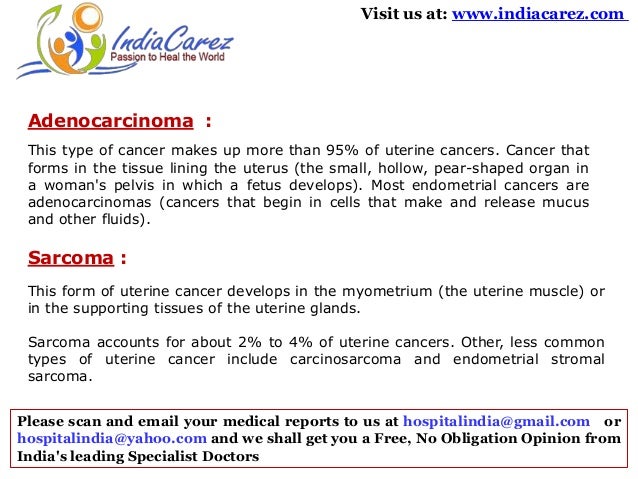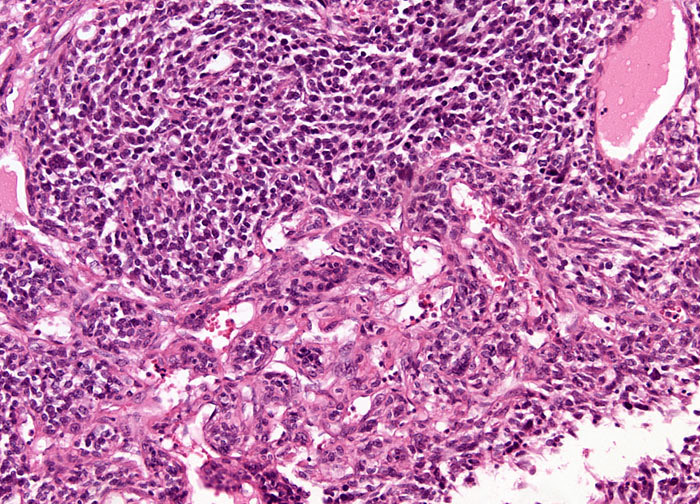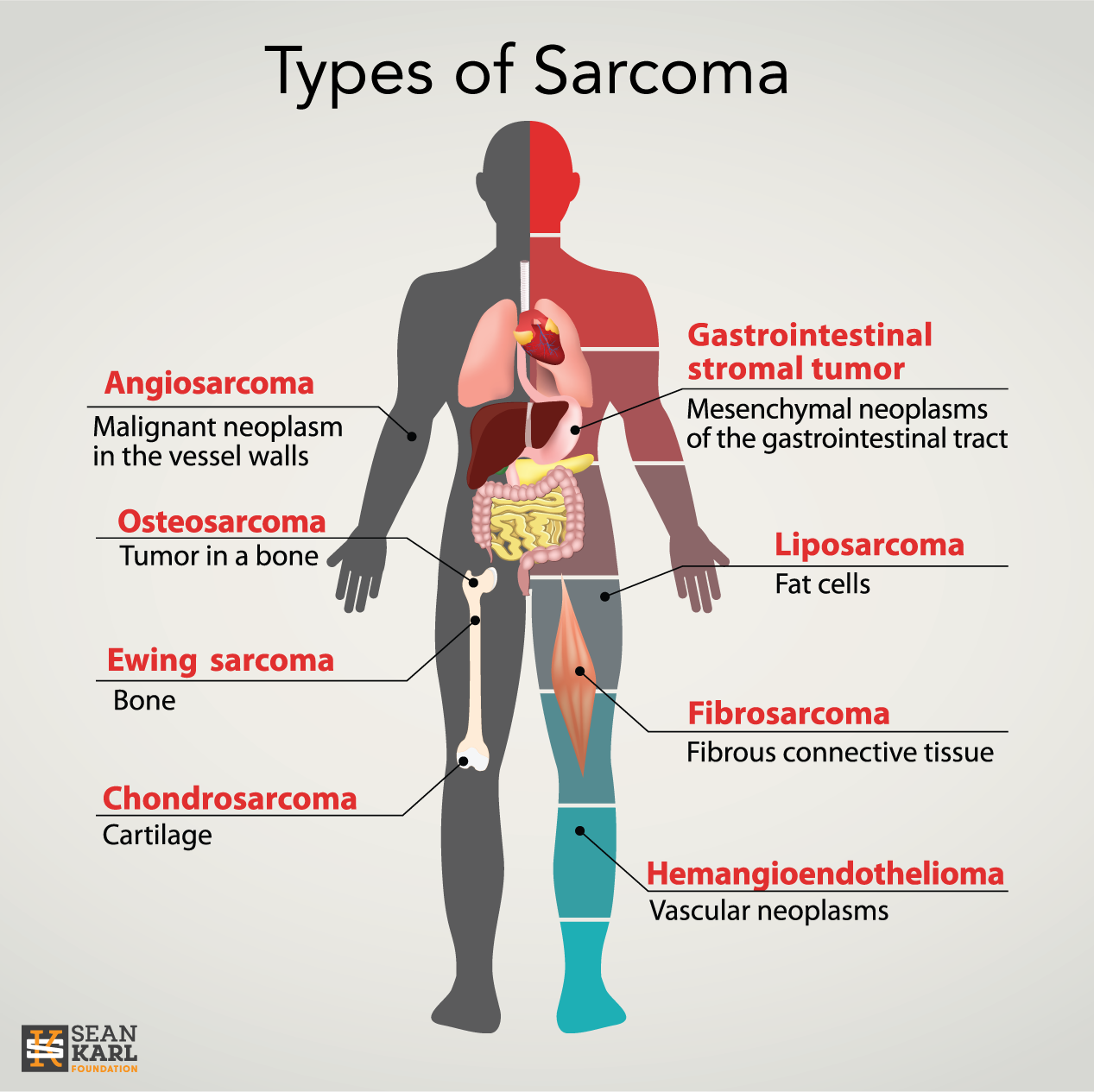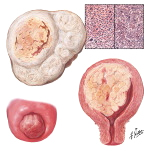Uterine Sarcoma: Types
Sarcoma Cancer is a topic that is often overlooked but is actually quite important. It is a type of cancer that affects the body's connective tissues such as bones, cartilage, muscles, and fat. Here's a closer look at Sarcoma Cancer and what you need to know about it.
Understanding Sarcoma Cancer
Sarcoma is a rare type of cancer that is often overlooked due to its rareness. It affects the connective tissues in the body and can manifest in different areas of the body. The cancer cells can multiply and interfere with the normal function of the cells resulting in the development of cancer.
What Is Sarcoma Cancer?
Sarcoma Cancer is a type of cancer that develops in the body's connective tissues. It is a rare type of cancer and is often overlooked due to its rarity. Sarcoma can manifest in various areas of the body including bones, cartilage, muscles, and fat.
Importance of Sarcoma Cancer
Although Sarcoma is a rare type of cancer, early detection is important for successful treatment. It is also important to be aware of possible risk factors such as radiation therapy or genetic predisposition. Knowing the symptoms and seeking medical attention when necessary can make a big difference in treatment and overall outcomes.
Statistics on Sarcoma Cancer
According to the American Cancer Society, there are approximately 13,000 cases of Sarcoma diagnosed annually in the United States. Sarcoma accounts for approximately 1% of all adult cancers and approximately 15% of all pediatric cancers.
Types of Sarcoma Cancer
There are many different types of Sarcoma Cancer as it can manifest in different areas of the body. Some common types include Osteosarcoma, Chondrosarcoma, Liposarcoma, Leiomyosarcoma, and Gastrointestinal Stromal Tumor (GIST).
Risk Factors of Sarcoma Cancer
While the causes of Sarcoma Cancer are not fully understood, there are some risk factors that may increase the likelihood of developing the cancer. These include exposure to radiation therapy, genetic predisposition, and having certain inherited conditions such as Neurofibromatosis type 1 and Li-Fraumeni syndrome.
Recognizing Early Symptoms of Sarcoma Cancer
Sarcoma Cancer can manifest in various areas of the body and symptoms may vary depending on the location. However, early symptoms can include pain, swelling, and possible visible lumps or masses.
Diagnostic Tests and Procedures for Sarcoma Cancer
If Sarcoma is suspected, there are several diagnostic tests and procedures that can be done to determine if cancer is present. These include imaging tests such as X-rays and MRIs, and biopsy to determine the type of cells present.
Awareness and Prevention of Sarcoma Cancer
Although Sarcoma Cancer is rare, increasing awareness about the cancer and its risk factors can help with early detection and treatment. Staying informed and in tune with one's body can also help with prevention. Avoiding exposure to certain risk factors such as excessive radiation therapy is also important in reducing the risk of developing Sarcoma.
Early Detection of Sarcoma Cancer
Early detection is key in the successful treatment of Sarcoma Cancer. Knowing one's risk factors, recognizing symptoms, and seeking medical attention can greatly increase the likelihood of detecting cancer early on and thus, increase the chances of a successful treatment.
Timely Treatment for Sarcoma Cancer
Timely treatment for Sarcoma can vary depending on the type and stage of the cancer. Treatment options may include surgery, radiation therapy, chemotherapy, or a combination of these methods. Early detection and timely treatment, however, can greatly increase the chances of successful treatment outcomes.
Support and Resources for Sarcoma Cancer
Support and resources for Sarcoma Cancer can be found through various organizations and support groups. The Sean Karl Foundation is one such organization that offers support and resources to those affected by Sarcoma Cancer.
Understanding Sarcoma Cancer and its risks and symptoms is important in early detection and successful treatment outcomes. Increased awareness and timely treatment can greatly increase the chances of successful treatment and recovery.
Image Sources:
Sarcoma Cancer - Most Common Types & Sarcoma Treatments in India

Types of Uterine Cancer

Uterine Sarcoma at 10x Magnification | Nikon’s MicroscopyU

Pediatric Cancer & Ewing Sarcoma

Uterine Sarcoma And What You Need To Know | GYNLA

Komentar
Posting Komentar